Gabi Delgado-López, best known as cofounder of proto-EBM and electropunk outfit Deutsch-Americanische Freundschaft (D.A.F.) has died at 61.
Fellow DAF member Robert Görl confirmed the news in a Facebook post, writing:
“Got word today my long time friend and bandmate Gabi Delgado passed away last night.”
Born in Córdoba, Andalusia, Spain in 1958, Delgado-López moved with his family to Germany, later settling in Dusseldorf. In 1978, Delgado-López met drummer Robert Görl and formed Deutsch-Americanische Freundschaft. Originally a quintet fusing their classical training with the spirit of punk and militaristic imagery, the band dwindled down to the duo of Delgado-López and Görl and forged their own unique sonic identity.
Combining synth, disco, Brutalism, and the emerging sound of industrial, D.A.F. tore open the rulebooks and gleefully stomped on them, half-naked, with heavy combat boots. They bitterly railed against “Anglo-American pop imperialism,” and although they heavily relied on KORGs and precise drums, their sound melded into a fusion of furious punk, writhing homoeroticism, and tribalistic dance. Songs like Der Mussolini became satirical jabs at the uniformity and rigidity of militaristic organization, likening the goosesteps and synchronized operatives of oppressive, dictatorial figureheads to an American-style dance craze like the Mashed Potato or the Watusi.
The band fiercely clashed with German politics, criticizing everything from Berlin’s division to Turkish immigrants. They subverted the pseudo-wholesome Third Reich imagery and collective PTSD of postwar Germany into a perverse soup of sex, sexuality, BDSM, and libertarianism. The band took its punk sentiment and turned it on its head, shunning the shimmery New Wave aesthetics emerging from New York and London, preferring to operate raw, unfiltered, and clad in leather trousers. Their sonic collaboration with legendary sound engineer Conny Plank solidified their industrial sound, incorporating elements of Karlheinz Stockhausen and Neu!, both with whom Plank worked. Unlike their contemporaries Suicide, D.A.F. used live drumming instead of machines, resulting in a much more organic, dangerous sound. Their decision to perform in German rather than translate their lyrics to English also set them apart, letting the guttural nature of the Teutonic language play to the sound of their dance marches, as well as raising a middle finger to the English domination of the pop vernacular.
In 1980, Delgado-López and Görl moved to London, where they signed to Mute Records. Daniel Miller ruefully recalled this period in Medium.com:
“When D.A.F. came to Mute, they slept on my floor, I took care of them, basically we were all broke. Their album was the first on Mute so it had a very special meaning to me and I did everything I could for them. And then they left to go to Virgin.”
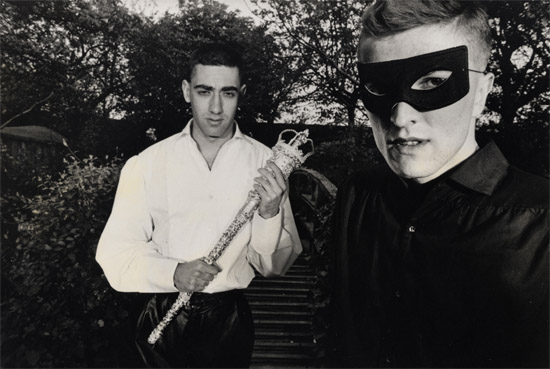
At the height of their popularity, D.A.F. first called it quits in 1984. Delgado-López then moved to Zürich and released the solo album Mistress, later reuniting with Görl to record the 1986 D.A.F. album 1st Step to Heaven.
In 1986, Delgado-López moved to Berlin to become a DJ. He organized (with WestBam and Marc Gubler) the first house party in Germany. With Saba Komssa, he founded the techno-house labels Delkom Club Control, BMWW and Sunday Morning Berlin. John Peel declared D.A.F. as “the godfathers of techno,” citing their sound as crucial to the development of Detroit techno and Chicago house.
In 1995, Delgado-López founded the band DAF/DOS with Wotan Wilke Möhring, who recorded the album Allein, zu zweit, mit Telefon (Alone, As A Couple, With Telephone). Delgado would reunite again with Görl in 2003 for another D.A.F. album, Fünfzehn neue D.A.F-Lieder (Fifteen New D.A.F. Songs).
Delgado-López and Görl reunited several times over the last few decades as D.A.F., never quite ending their collaboration.
We will update more as details emerge.

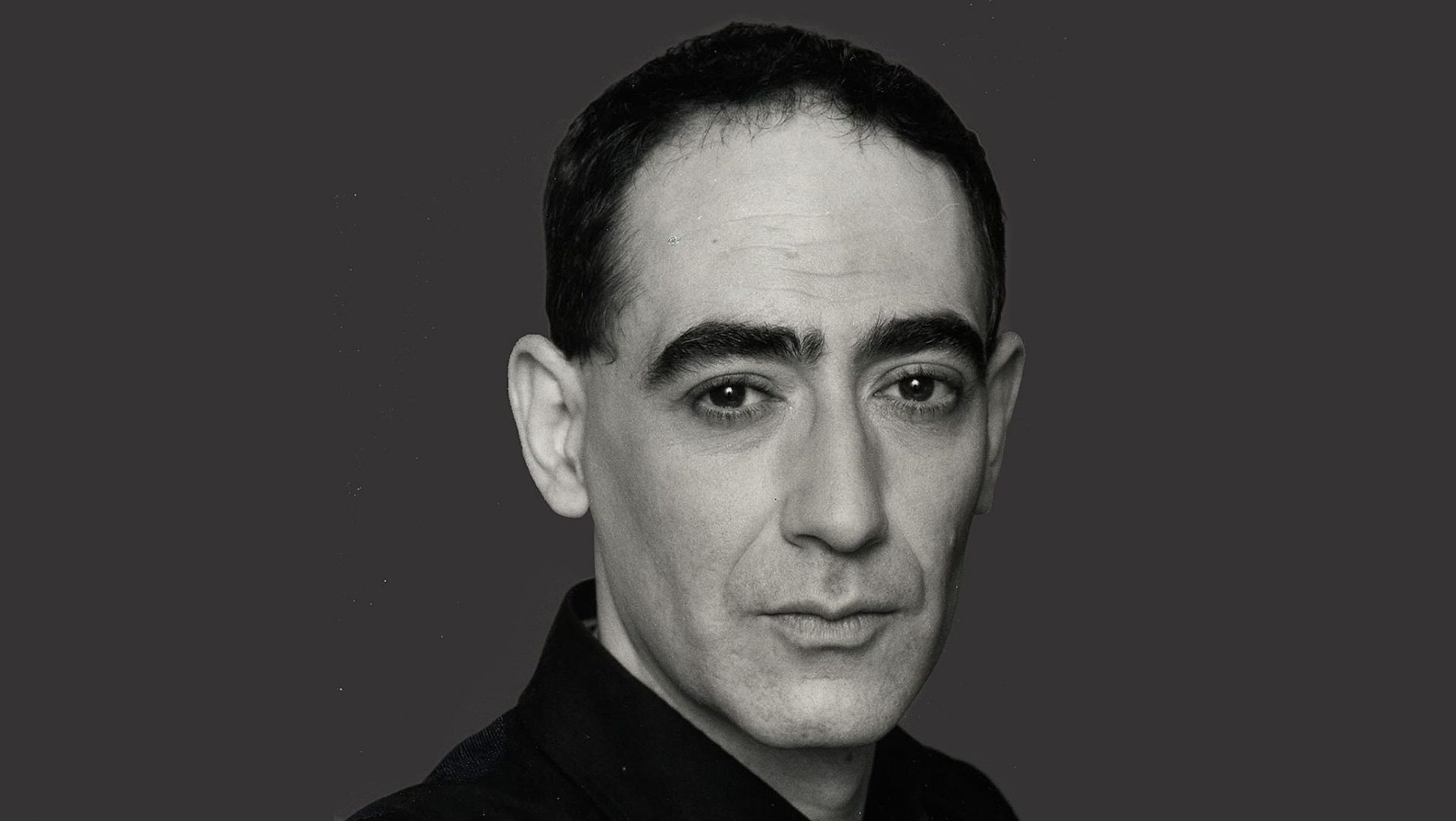

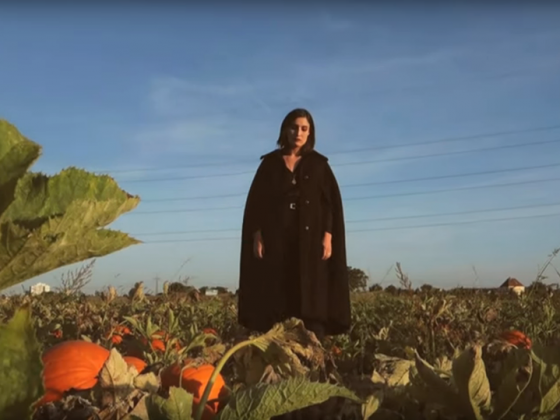
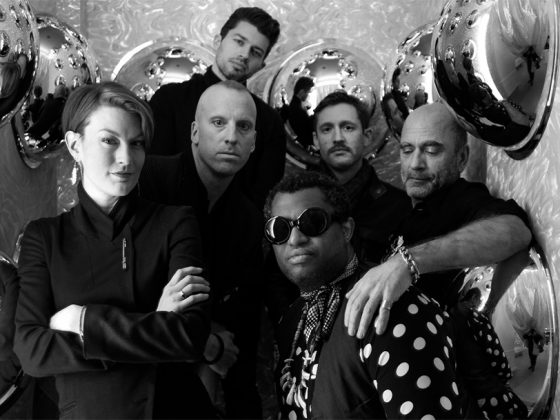







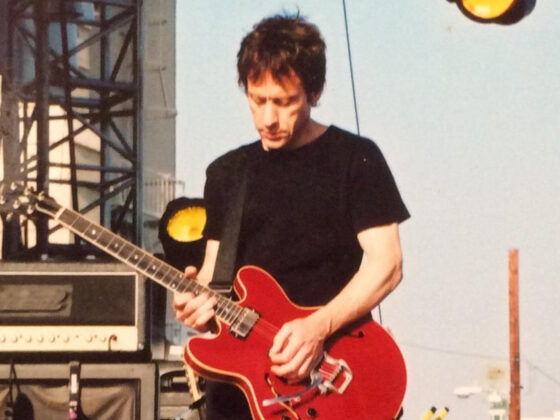
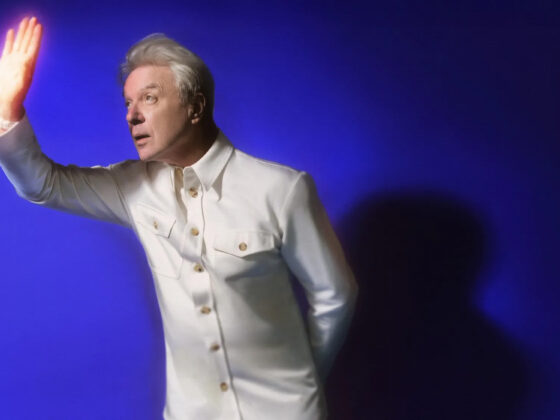

 Or via:
Or via: